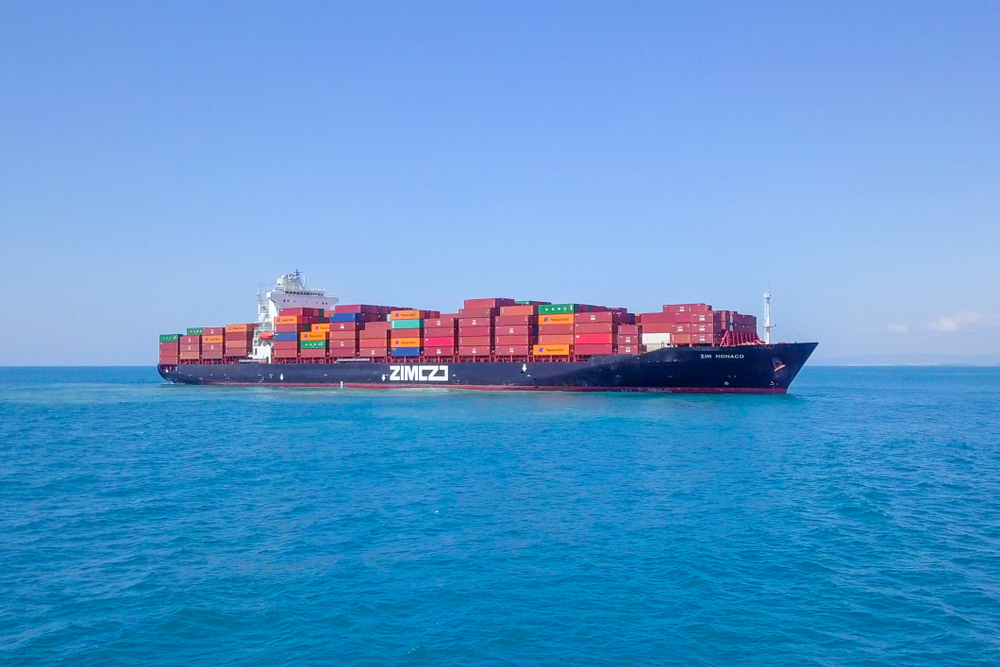A stupendous run in the Baltic Dry Index, the barometer of ocean freight rate for bulk cargo, may bring good tidings for shipping lines that have managed to stay afloat over the last decade despite tempestuous market conditions.
From the low of 595 on February 11, 2019 BDI has risen to 2,191 on Monday, gaining 2.68 times in just over five months. However, a majority of the gain – it has nearly doubled from June 12 – has come in the last one month alone.
Market watchers say a sooner than expected restart of a large iron ore mine in Brazil coupled with renewed buying of iron ore by China have suddenly increased the requirement of large vessels, pushing up the spot rate.
“Capesize vessels, which are mainly used in the long voyage to carry iron ore from Brazil to China, has a big weightage in BDI. Since the demand for this class of vessel has shot up, there has been a corresponding spike at the index level,” Kaushik Das, VP (corporate sector rating), ICRA, said.
Spot rates for capesize vessels, capable of 300,000 tonnes of cargo load, have gone up to $32,000 a day last week from the low of $7,561 a day in February. The spike also had a rub off on the smaller Panamax vessels where the rates have zoomed from $4,700 to $17,348 a day, according to data shared by a senior executive of Apeejay Shipping.
Shipping lines which have vessels available for spot charter are going to benefit the most from the good tidings, said R. Narasimhan, chief operating officer of Apeejay Shipping, one of the bulk carrier in india. “We have two Panamax and two Supramax vessels which are deployed on spot basis. The company is expecting healthy business from the buoyancy in the market,” Narasimhan said.
According to him, some of the large ships are being retrofitted with scrubbers, an instrument that can reduce sulphur emission from ships. The International Maritime Organisation has asked all ships to use fuel with sulphur content of 0.5 per cent from 3.5 per cent now from January 1, 2020.
Several ships are now at the docks fitting scrubber that will continue to allow them use the low-priced high sulphur content fuel. “This is adding to the tightness to the market,” he added.
Neither Das nor Narasimhan was ready to hazard a guess on how the second half of 2019 would pan out given the volatility in BDI. The COO of Apeejay Shipping, which has nine ships, said the easing of trade tension between the US and China and good grain movement may support prices.











